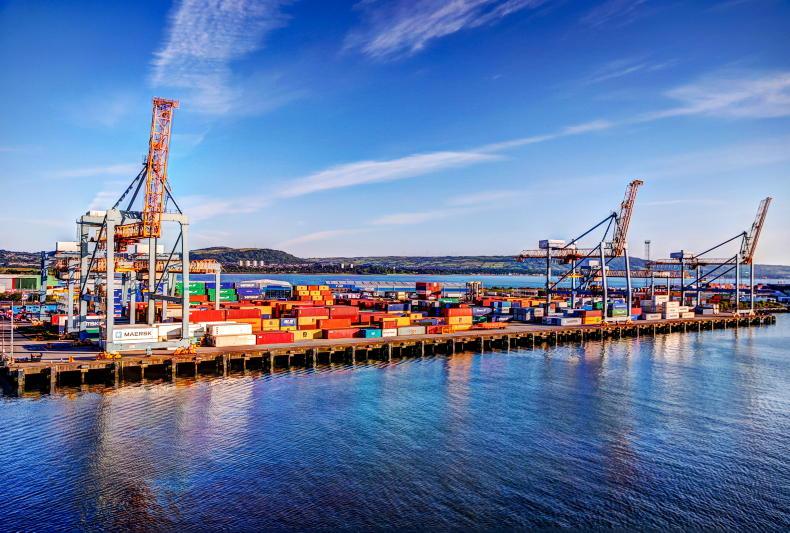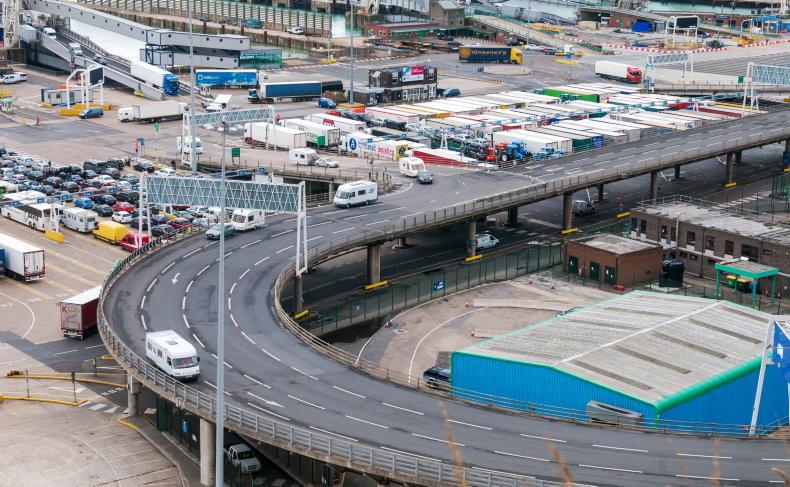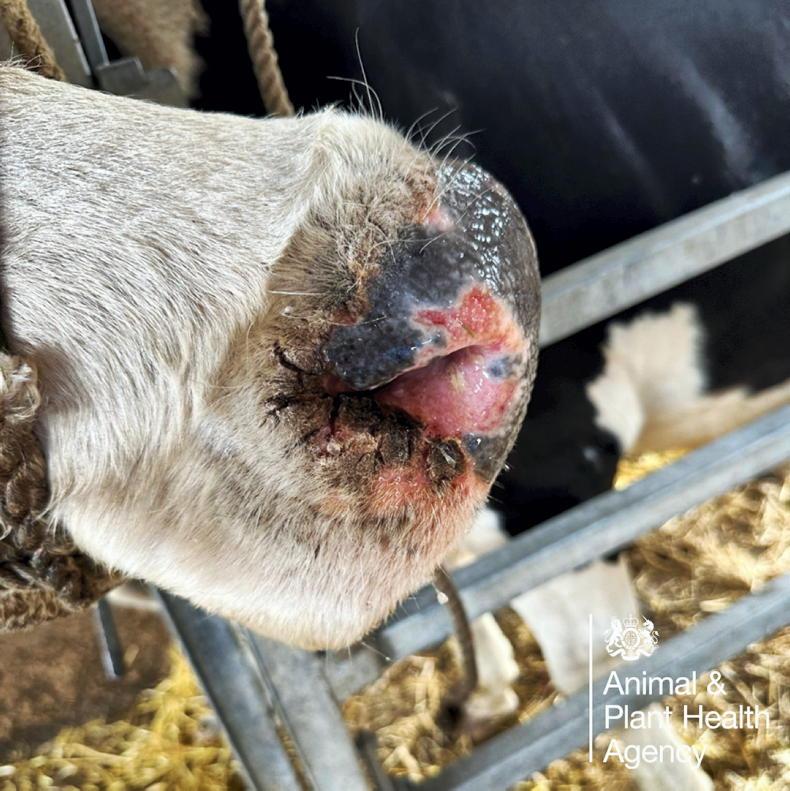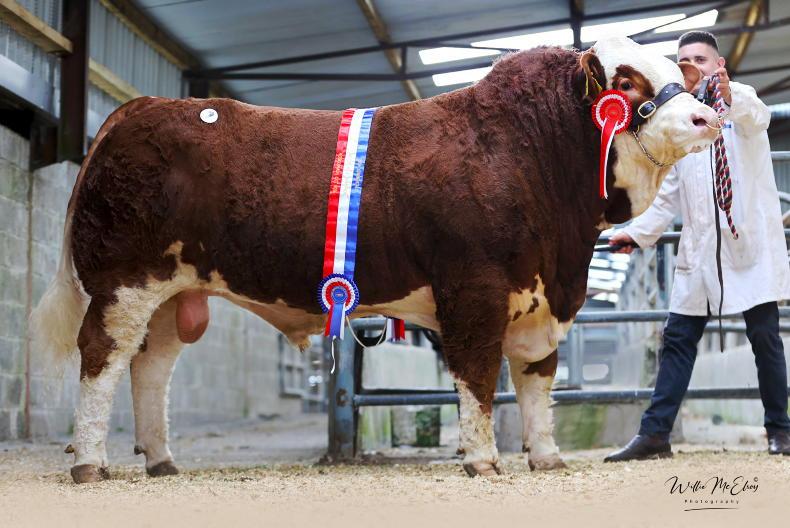Elections in Northern Ireland now seem inevitable given the failure to form an Executive because of the protocol designed to give effect to Brexit for the region of the UK that shares a land border with the EU.
The protocol works well for farmers and the large-scale agri-food processing industry that trades on an island-of-Ireland basis, but less well for importers of multiple animal and plant-based goods to Northern Ireland from elsewhere in the UK.
Discussions about resolving the issues have recommenced recently, but even if more proportional controls can be agreed, the principle remains that the EU will need to do what it takes to protect its single market, which involves some level of controls on trade between Britain and Northern Ireland.
UK government
Recent weeks have been particularly turbulent in UK politics at Westminster and, in fact, there has been no real political stability since the referendum in 2016.
It was a vote that only had provision for one outcome and that was remain in the EU.
When the electorate decided that they wanted to leave, only then did the debate begin on what type of relationship the UK should have with the EU.
[Brexit] was made up as they went along after the decision was made
This was driven and shaped by passion, as opposed to dull pragmatism based on economics and fuelled by the misguided belief that the UK could retain the benefits of membership even outside the EU. Having your cake and eating it was the phrase thrown around.
After six years, a global pandemic and a serious war in Europe, it is clear that this isn’t the case and the protocol is the most visible example of this.
This agreement was signed off in advance of the wider EU-UK deal, with the UK not expecting it to be enforced, while the EU is nothing if not obsessed with being rules-based and following everything to the letter of the law.
Escape route
Whatever about its effects on wider society, farmers either side of the border on the island of Ireland need to maintain unimpeded trade between both jurisdictions.
As recent developments with UK legislation raising the bar on veterinary requirements for livestock being processed for export shows, farmers across the UK would greatly benefit from alignment with EU rules.
This has to reopen the debate about the wider nature of the UK relationship with the rest of the EU.
If veterinary standards were aligned, at a stroke much of the bureaucracy required for UK exports to the EU would be removed. This includes trade between Britain and Northern Ireland.

A UK-EU alignment of veterinary standards and ideally customs would eliminate the need for EU border controls at Belfast Port.
If alignment was possible on veterinary standards, why not on tariffs and customs controls? The UK economy is underperforming and the government has recently shown a willingness on policy where it has spooked the financial markets.
Defined
What Brexit would look like was never defined before the referendum and it was made up as they went along after the decision was made.
What’s more, the UK has chosen not to fully implement the full border controls that it insisted on taking back in the negotiation. This reinforces that much of hard-line Brexit policy is symbolic as opposed to pragmatic or indeed beneficial.
Just as with the recent budget, it makes much sense for the UK to reconsider its entire relationship with the EU and consider alignment.
Norway and Switzerland manage to achieve this, though with more difficulty in the case of Switzerland.
Given that the break with the EU makes an already difficult economic situation worse and there was a marginal majority for Brexit six years ago, it makes sense for a new EU-UK rapprochement.
Not only would it facilitate easing of UK exports to the rest of the EU, it would remove completely the need for controls between Britain and Northern Ireland and the need for the protocol to give effect to Brexit.
Read more
UK government raises the bar for farmers in Britain
Stormont failure leaves civil servants in charge
Opinion: British political turmoil is bad news for Irish farming
Elections in Northern Ireland now seem inevitable given the failure to form an Executive because of the protocol designed to give effect to Brexit for the region of the UK that shares a land border with the EU.
The protocol works well for farmers and the large-scale agri-food processing industry that trades on an island-of-Ireland basis, but less well for importers of multiple animal and plant-based goods to Northern Ireland from elsewhere in the UK.
Discussions about resolving the issues have recommenced recently, but even if more proportional controls can be agreed, the principle remains that the EU will need to do what it takes to protect its single market, which involves some level of controls on trade between Britain and Northern Ireland.
UK government
Recent weeks have been particularly turbulent in UK politics at Westminster and, in fact, there has been no real political stability since the referendum in 2016.
It was a vote that only had provision for one outcome and that was remain in the EU.
When the electorate decided that they wanted to leave, only then did the debate begin on what type of relationship the UK should have with the EU.
[Brexit] was made up as they went along after the decision was made
This was driven and shaped by passion, as opposed to dull pragmatism based on economics and fuelled by the misguided belief that the UK could retain the benefits of membership even outside the EU. Having your cake and eating it was the phrase thrown around.
After six years, a global pandemic and a serious war in Europe, it is clear that this isn’t the case and the protocol is the most visible example of this.
This agreement was signed off in advance of the wider EU-UK deal, with the UK not expecting it to be enforced, while the EU is nothing if not obsessed with being rules-based and following everything to the letter of the law.
Escape route
Whatever about its effects on wider society, farmers either side of the border on the island of Ireland need to maintain unimpeded trade between both jurisdictions.
As recent developments with UK legislation raising the bar on veterinary requirements for livestock being processed for export shows, farmers across the UK would greatly benefit from alignment with EU rules.
This has to reopen the debate about the wider nature of the UK relationship with the rest of the EU.
If veterinary standards were aligned, at a stroke much of the bureaucracy required for UK exports to the EU would be removed. This includes trade between Britain and Northern Ireland.

A UK-EU alignment of veterinary standards and ideally customs would eliminate the need for EU border controls at Belfast Port.
If alignment was possible on veterinary standards, why not on tariffs and customs controls? The UK economy is underperforming and the government has recently shown a willingness on policy where it has spooked the financial markets.
Defined
What Brexit would look like was never defined before the referendum and it was made up as they went along after the decision was made.
What’s more, the UK has chosen not to fully implement the full border controls that it insisted on taking back in the negotiation. This reinforces that much of hard-line Brexit policy is symbolic as opposed to pragmatic or indeed beneficial.
Just as with the recent budget, it makes much sense for the UK to reconsider its entire relationship with the EU and consider alignment.
Norway and Switzerland manage to achieve this, though with more difficulty in the case of Switzerland.
Given that the break with the EU makes an already difficult economic situation worse and there was a marginal majority for Brexit six years ago, it makes sense for a new EU-UK rapprochement.
Not only would it facilitate easing of UK exports to the rest of the EU, it would remove completely the need for controls between Britain and Northern Ireland and the need for the protocol to give effect to Brexit.
Read more
UK government raises the bar for farmers in Britain
Stormont failure leaves civil servants in charge
Opinion: British political turmoil is bad news for Irish farming










SHARING OPTIONS